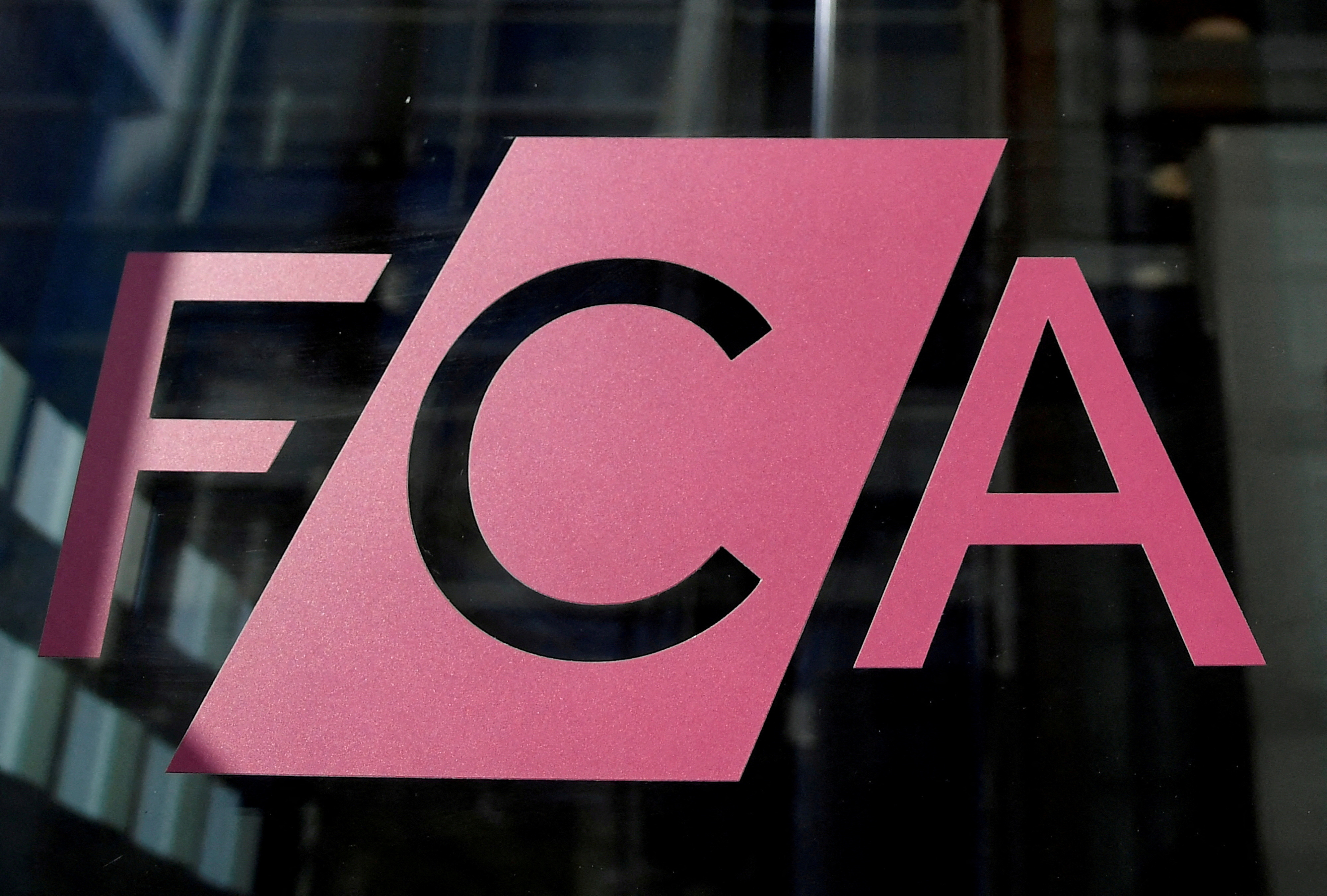

Signage is seen for the FCA (Financial Conduct Authority), the UK’s financial regulatory body, at their head offices in London, Britain March 10, 2022. REUTERS/Toby Melville/File Photo Acquire Licensing Rights
LONDON, Dec 6 (Reuters) – Britain’s Financial Conduct Authority (FCA) proposed new regulations for money market funds on Wednesday which would significantly raise the minimum proportion of their assets that can be easily sold in the event of a financial market crunch.
“This will ensure that MMFs have enough liquid assets to withstand large amounts of withdrawals over a short period in severe but plausible market stresses,” the FCA said in a statement.
The FCA proposals follow a recommendation from the Bank of England in October that the 250 billion-pound ($315 billion) sterling money market funds sector, widely used by companies for day-to-day funding and parking cash overnight, needed to be more resilient.
Minimum daily liquidity requirements for money market funds should rise to 15% from about 10% at present, and the weekly level should increase to 50% from about 30% currently, the FCA said.
Money market funds in Britain found it hard to sell usually liquid assets, such as government bonds, when they faced a rush of investor withdrawals at the start of the COVID-19 pandemic.
The FCA also said it intended to change rules for money market funds that give an advantage to investors who are first to withdraw money from a fund.
Both measures aimed to increase usable liquidity so that MMFs did not have to undertake a fire sale of assets to meet continuing investor demands for their money back, the FCA said.
The FCA proposals will be open for consultation until March 8, 2024.
Separately, Britain’s government published new draft legislation for money market funds which it said aimed to streamline rules inherited from the European Union before Brexit.
($1 = 0.7934 pounds)
Additional reporting by Huw Jones; Editing by Sharon Singleton and Louise Heavens
Our Standards: The Thomson Reuters Trust Principles.






